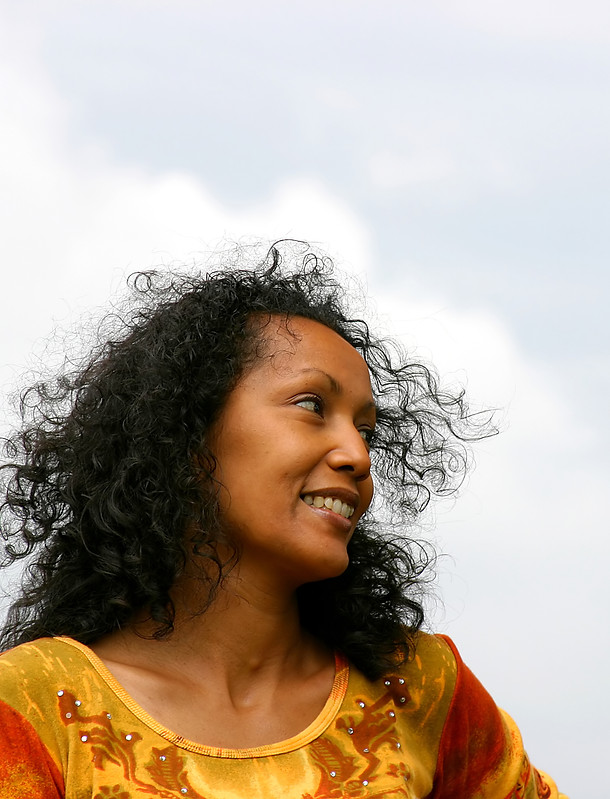You are not your trauma.
The empowering journey of healing and reclaiming one's life
Subscribe to receive updates on new posts

“Traumatized people chronically feel unsafe inside their bodies: The past is alive in the form of gnawing interior discomfort. Their bodies are constantly bombarded by visceral warning signs, and, in an attempt to control these processes, they often become expert at ignoring their gut feelings and in numbing awareness of what is played out inside. They learn to hide from their selves.”
― Bessel A. van der Kolk, The Body Keeps the Score: Brain, Mind, and Body in the Healing of Trauma
Reclaiming Life:
The Journey of a Trauma Survivor
Being a victim of trauma is a profound and life-altering experience. Trauma refers to a distressing event or series of events that exceed a person's ability to cope, leaving lasting emotional and psychological scars. This booklet explores the nature of trauma, its impact on daily life, the importance of seeking support, and the empowering journey of healing and reclaiming one's life.
The word “trauma” comes from the Greek term for penetration or wounding, an indication of how serious the effects of trauma can be.
(Valent, 2003).
Support Groups
Know that you are not alone – there are several New York City
services that can answer your questions and provide the assistance you need.
Remember, there is a network of support waiting to offer you the assistance you deserve.

“People have a hard time letting go of their suffering. Out of fear of the unknown, they prefer suffering that is familiar.”
Thich Nhat Hanh

Handouts and Worksheets
The following handouts and worksheets were developed by Jessica Dallman, MA
LPC, and the WHP spring 2019 Learning Collaborative cohort. They are designed
with multiple trauma-informed intentions in mind.
Some documents have separate English and Spanish versions. Others have bilingual English-Spanish versions. All are freely available for community use.
“The present moment is the only moment available to us, and it is the door to all moments.”
Thich Nhat Hanh






